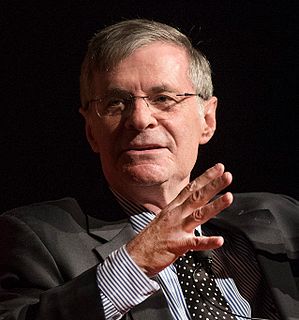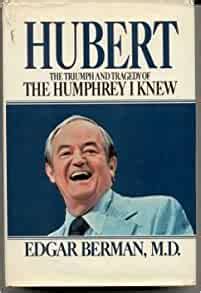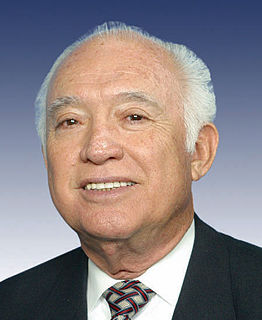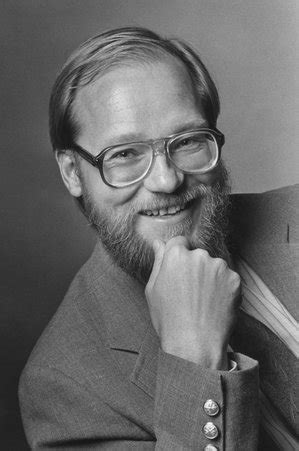A Quote by David Oshinsky
The March of Dimes turned a disease not nearly as prevalent as childhood cancer into a national crusade. Polio was not that widespread.
Related Quotes
I call the Conservative Party now to a crusade. Not only the Conservative Party. I appeal to all those men and women of goodwill who do not want a Marxist future for themselves or their children or their children's children. This is not just a fight about national solvency. It is a fight about the very foundations of the social order. It is a crusade not merely to put a temporary brake on Socialism, but to stop its onward march once and for all.
We say that one gets cancer, or a cold, or kidney disease. One would
never think to say that one is cancer. But we say that one is depressed,
or bipolar, or schizophrenic. A disease of the body is a condition. But
a disease of the mind, we think, is a state of being. We no longer
believe, as we did 250 years ago, that the mentally ill are animals,
but we are not yet ready to grant that they are fully human either.
I was going to be a writer, and that turned into journalist. And then that turned into a career in children's literature, which turned into early childhood education, which turned into psychology, which turned into premed, which turned into nursing school, which turned into communication, which turned into marketing and advertising.
You've got to get away from the idea cancer is a disease to be cured. It's not a disease really. The cancer cell is your own body, your own cells, just misbehaving and going a bit wrong, and you don't have to cure cancer. You don't have to get rid of all those cells. Most people have cancer cells swirling around inside them all the time and mostly they don't do any harm, so what we want to do is prevent the cancer from gaining control. We just want to keep it in check for long enough that people die of something else.
More than 40 years after the war on cancer was declared by President Richard Nixon in 1971, we are not much closer to preventing the disease. The National Cancer Institute has spent some $90 billion on research and treatment during that time. When have Americans ever waged such a long, drawn-out and costly war, with no end in sight?







































